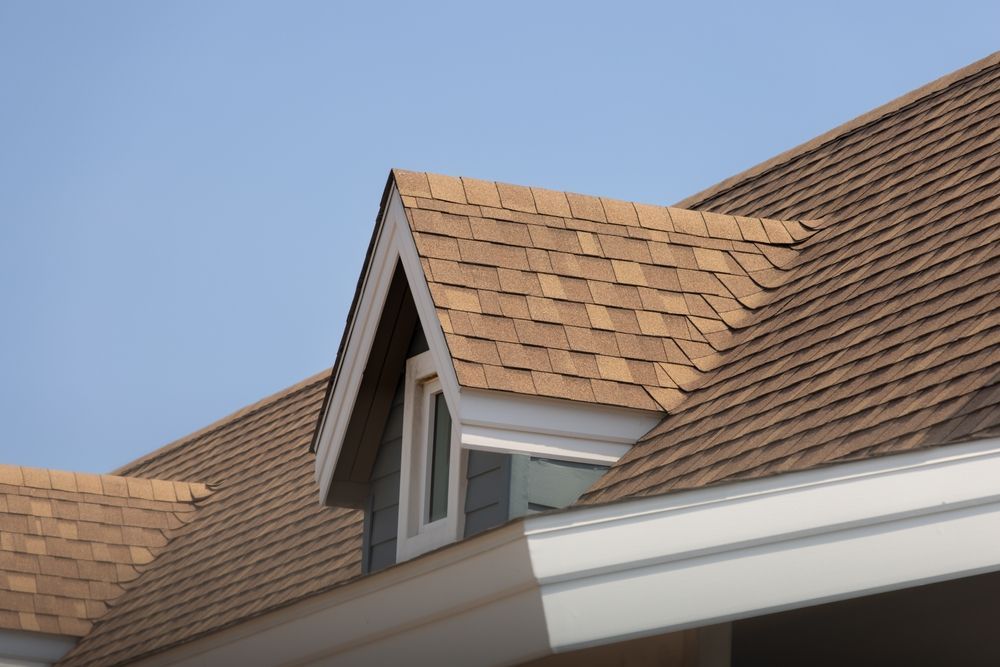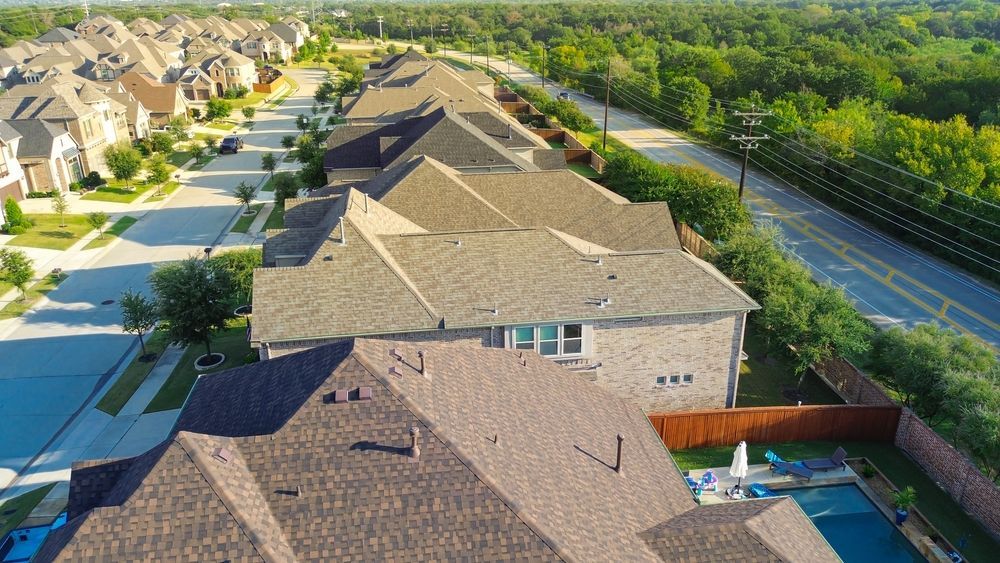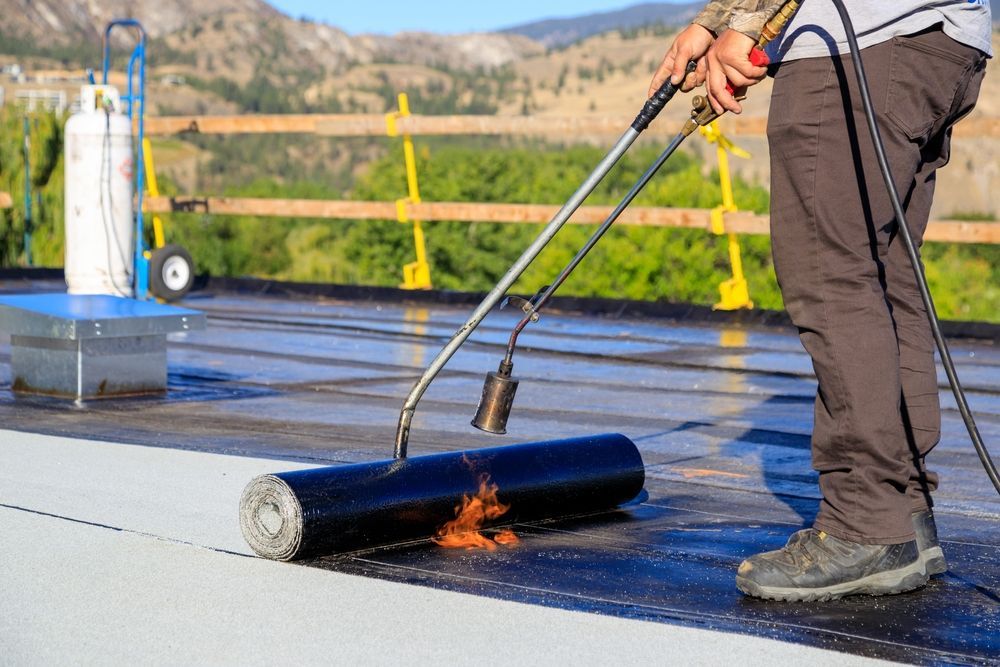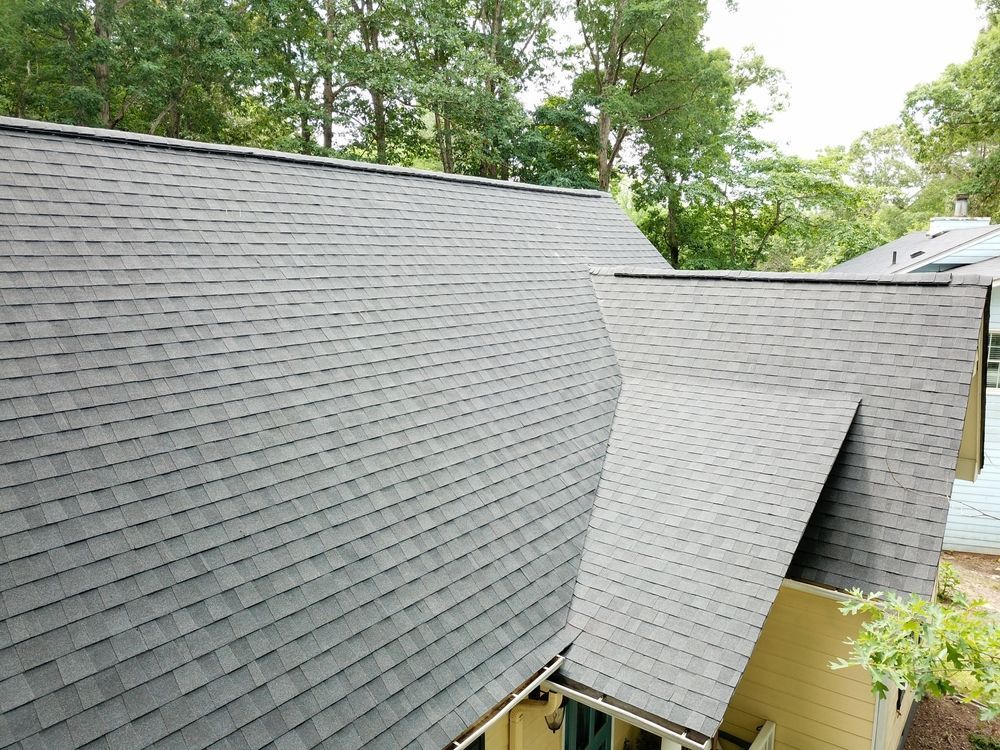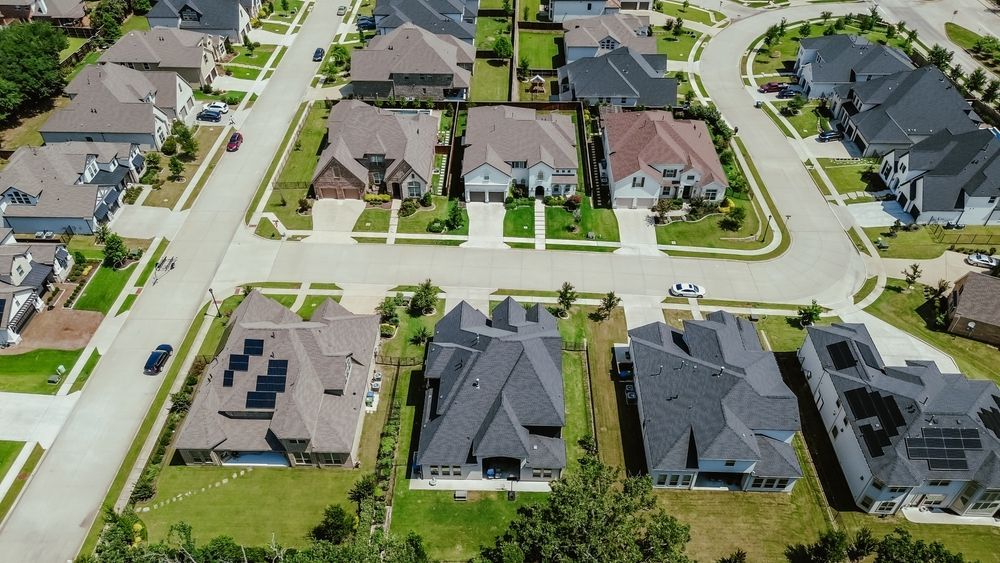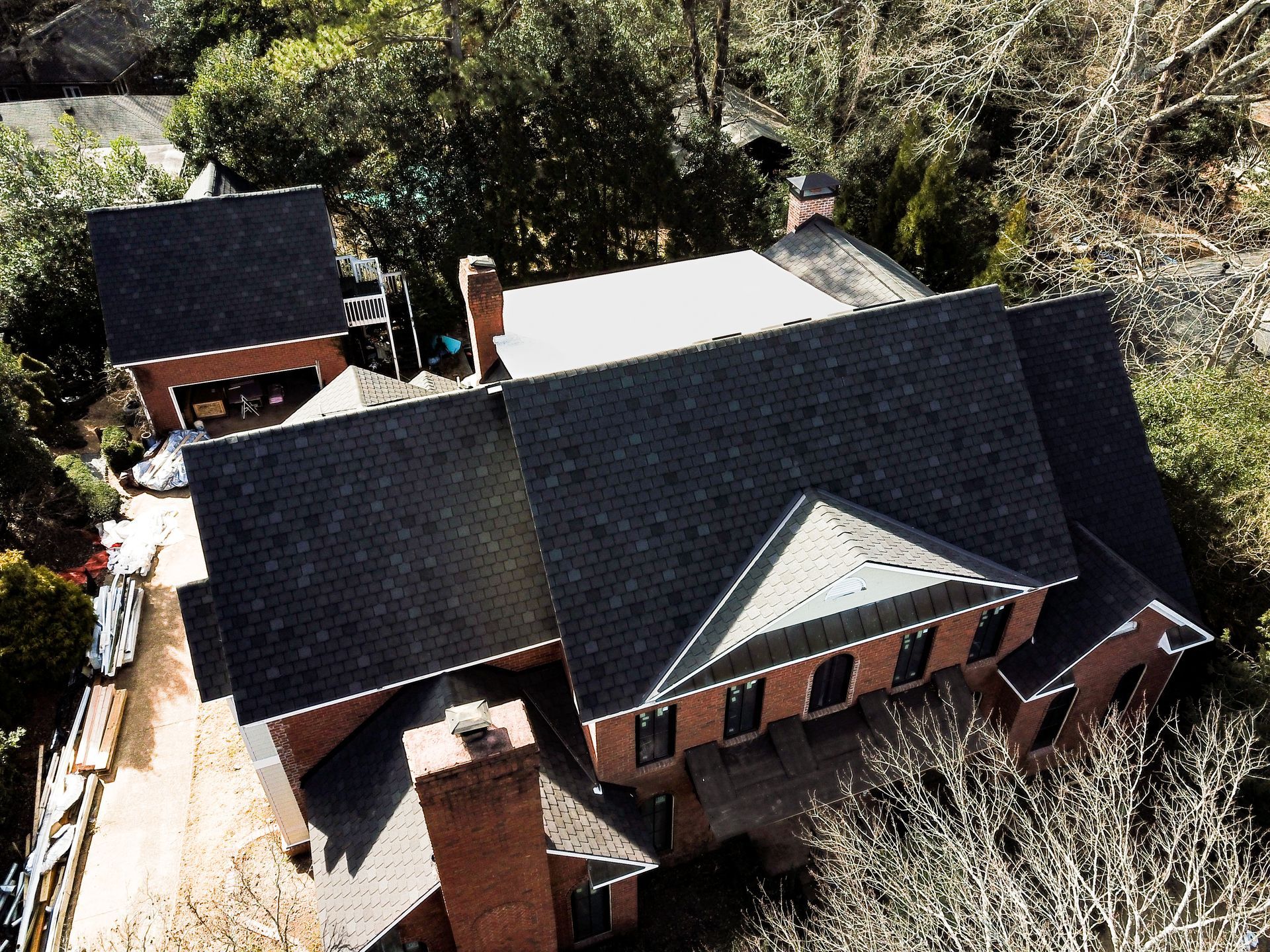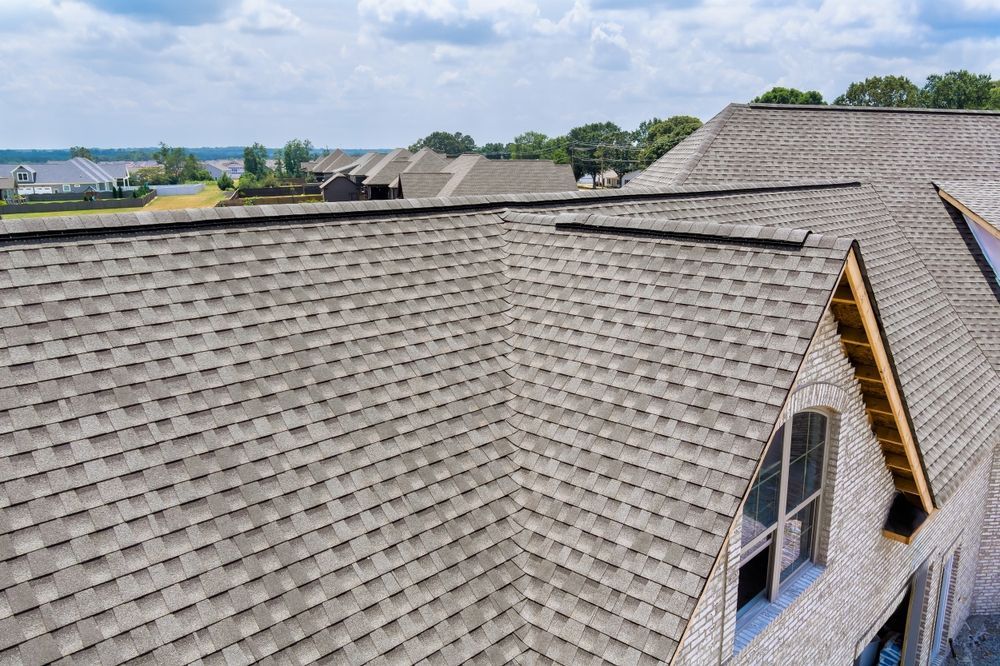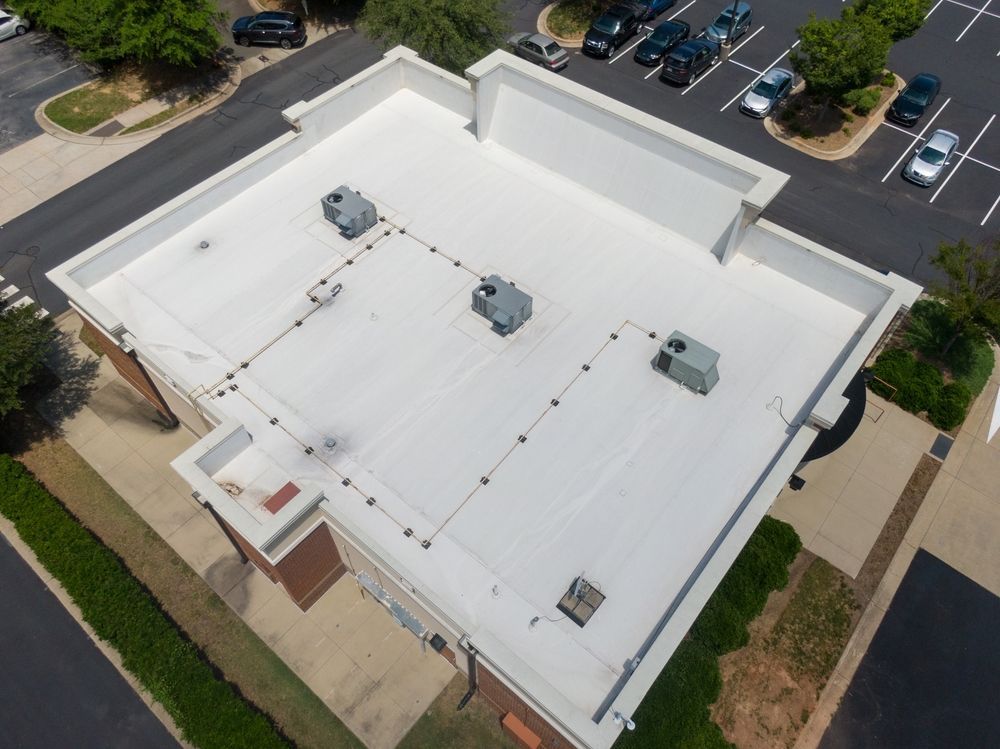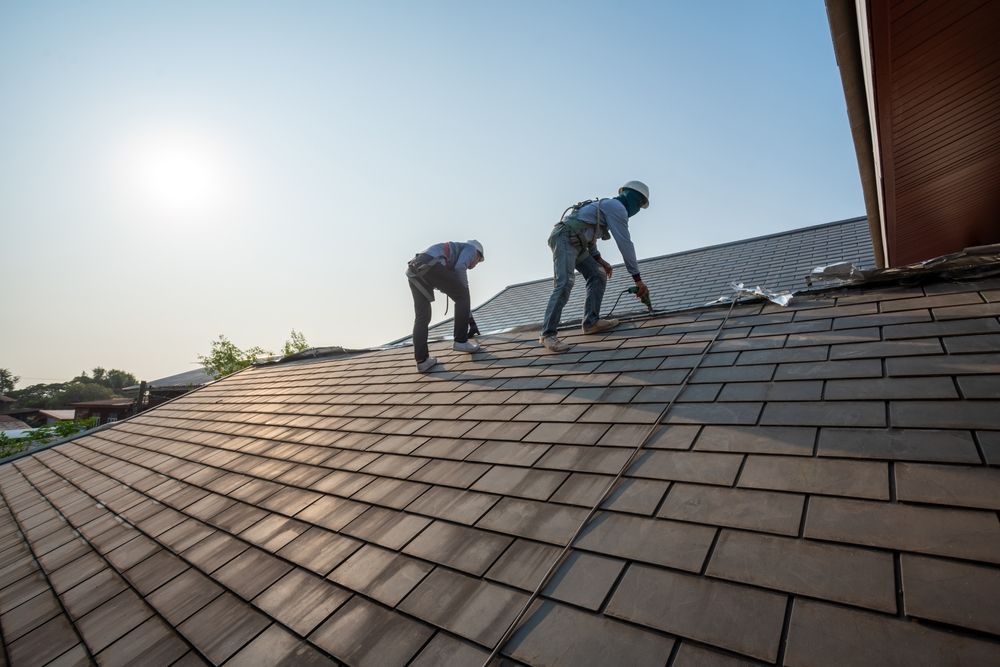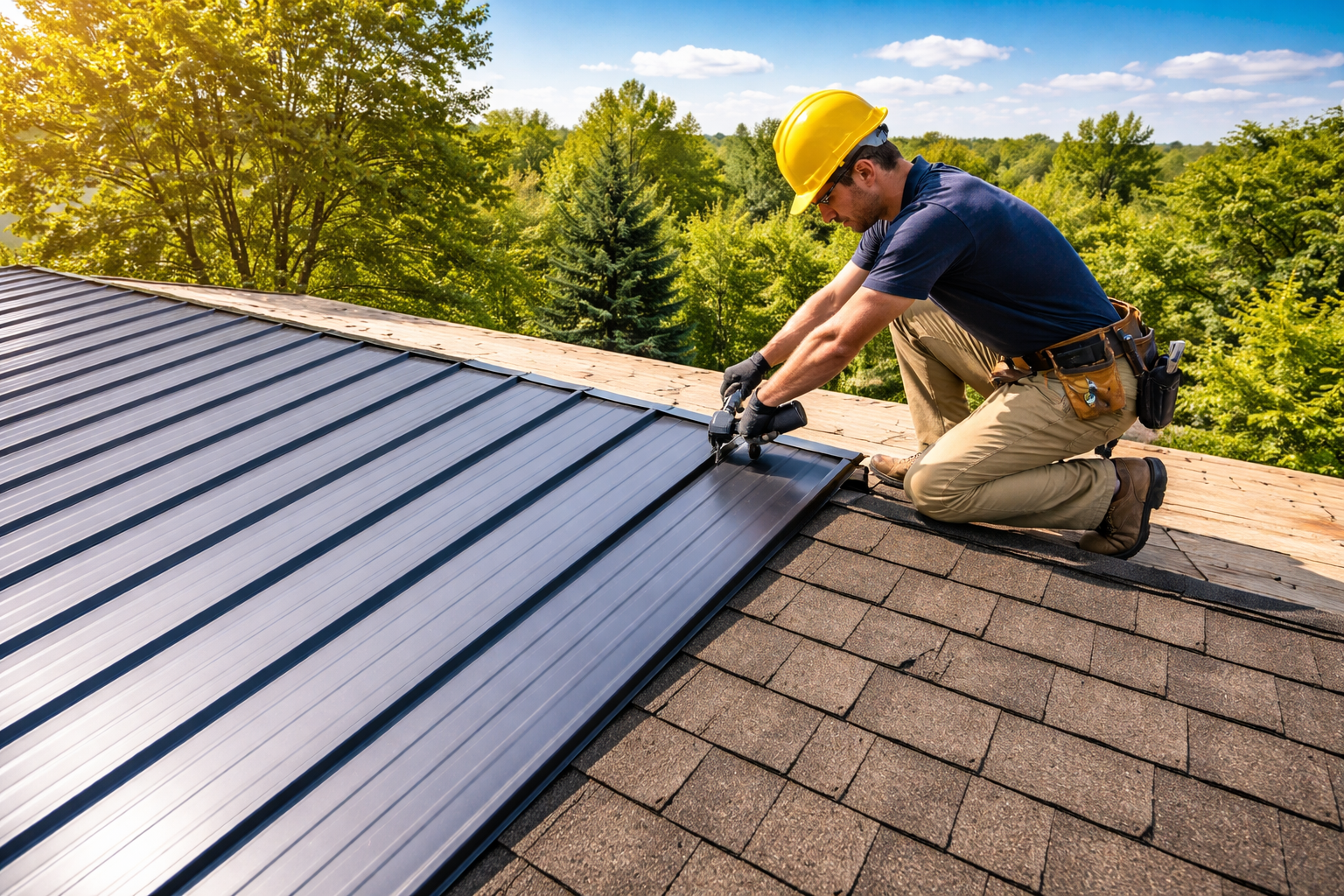Determine Essential Costs for Roofing in Atlanta
Homeowners in Atlanta are faced with the inevitable when they've been in their houses for several years: installing a new roof. Area climate conditions include high winds, storms, and occasionally hail, which can cause immediate damage. Finding a reputable roof installation company in Atlanta is a task in itself. There are a plethora of roofers vying for your business, and they don't all offer the same quality, price, or value for investment. Researching local roofers, getting several estimates, and relying on referrals from family and neighbors can help homeowners get a top-quality roof and an excellent return on investment.
In Atlanta, understanding roofing costs is essential for both homeowners and commercial property owners. Roof replacement, repair, and installation expenses depend on factors such as roof size, design complexity, material type, and local labor market conditions. This article, developed by Total Roof Solutions, a licensed, insured, and bonded roofing contractor, details these elements to help you make an informed decision on your next roofing project, including roof replacement in Atlanta.
What Is the Average Cost of a New Roof in Atlanta?
The overall cost of a new roof in Atlanta depends on several variables, including the type of roofing material, the quality of installation, and current market rates. In Atlanta’s humid subtropical climate, with occasional hail, strong winds, and heavy rain, durable and high-quality materials are especially critical, as they significantly impact the final price.
How Do Roof Size and Complexity Affect the Price?
The total cost is directly related to the roof’s size, which determines the volume of materials required and the labor hours needed. Custom roof designs, such as those with dormers, multiple angles, or steep pitches, increase both material waste and labor costs. For instance, a simple gable roof is less expensive than a multi-faceted hip roof because such designs also require additional scaffolding and safety equipment.
What Are Typical Price Ranges for Different Roofing Materials?
Roofing materials vary widely in price and performance. Asphalt shingles, common in Atlanta, are moderately priced and offer reasonable durability. Metal roofing, although initially more expensive, provides enhanced longevity and energy efficiency. Tile, slate, and wood shingles each offer unique aesthetics and durability, but they also raise both installation and maintenance costs. Buyers should also be aware of regional price fluctuations and occasional supply chain issues that may affect costs.
How Does Labor Cost Influence Your Total Roofing Expense?
Labor represents a significant portion of overall roofing costs. Factors such as the contractor’s experience, reputation, and the project’s complexity influence labor rates. Although experienced contractors may charge more, their work typically results in longer-lasting roofs that reduce future repair expenses. Additionally, labor costs can vary seasonally, particularly when extreme weather conditions reduce contractor availability.
Which Roofing Materials Are Most Common in Atlanta and How Do They Impact Cost?
In Atlanta, the most common roofing materials include asphalt shingles, metal roofing, tile, and slate. Each material offers different performance attributes and cost considerations that affect both the initial installation and long-term upkeep.
What Are the Pros and Cons of Asphalt Shingles in Atlanta?
Asphalt shingles are popular due to their affordability, ease of installation, and proven performance in moderate climates like Atlanta. However, they have a shorter lifespan, typically requiring replacement every 15–20 years, and are more vulnerable to wind damage during severe weather. Proper installation and attention to local climate factors are key to maximizing their performance.
How Much Does Metal Roofing Cost Compared to Other Options?
Metal roofing comes with a higher upfront price than asphalt shingles but offers significant benefits in durability, energy efficiency, and weather resistance. With a potential lifespan of 40–70 years, metal roofs often prove more cost-effective over time. Their ability to reflect sunlight can also help reduce cooling costs during Atlanta’s hot summers.
Are Tile and Slate Roofs More Expensive in Atlanta?
Tile and slate roofs rank among the most expensive options due to their premium appearance and exceptional durability. While tile roofs can enhance property value with their classic look, they require specialized installation techniques that add to labor costs. Similarly, slate is known for its longevity, if well maintained, it can last over a century, but its higher per-square-foot cost makes it suitable mainly for those prioritizing long-term durability with a larger budget.
How Do Atlanta’s Climate and Building Codes Affect Roofing Prices?
Atlanta’s humid subtropical climate, marked by high humidity, frequent rainstorms, and occasional hail, accelerates roof wear and necessitates the use of stronger, more resilient materials. In addition, local building codes mandate specific installation standards for safety and durability, which can drive up material and labor costs.
What Weather Conditions Influence Roof Durability and Cost?
The regional weather conditions compel homeowners to choose roofing systems designed to withstand high humidity, heavy rainfall, and severe storms. Roofs in Atlanta may need advanced materials to resist mold, algae, and sudden temperature shifts. Moreover, strong winds and hail often prompt contractors to recommend reinforced installation techniques and higher-grade materials to prevent damage, thereby increasing costs.
How Do Atlanta Building Codes Affect Roofing Installation Costs?
Local building codes in Atlanta are enforced to guarantee efficient, safe, and durable roofing systems. These regulations sometimes require the use of impact-resistant materials, extra insulation for energy efficiency, and strict adherence to installation practices. Compliance can lead to additional labor, permit, and inspection fees, although experienced contractors familiar with these codes can often manage costs effectively while expediting the process.
What Should Homeowners and Commercial Property Owners Know About Roofing Contractors’ Pricing in Atlanta?
Understanding roofing contractor pricing is crucial to get quality work within budget. Prices can vary based on contractor reputation, regional market trends, and project specifics, making it important for property owners to clearly assess pricing models.
How Do Contractor Experience and Reputation Affect Quotes?
Contractors with extensive experience and stellar reputations typically charge more because their work minimizes installation errors and extends roof longevity, reducing future repair risks. Their warranties and proven track records can justify a higher upfront cost by lowering long-term expenses related to repairs or premature roof replacement.
What Are Common Pricing Models Used by Atlanta Roofing Contractors?
Contractors in Atlanta may price projects on a per-square-foot basis or based on the project’s overall complexity. Additional services, such as roof removal, permits, waste disposal, and warranty coverage, can also influence estimates. Understanding whether a contractor uses a fixed-price contract or a time-and-materials approach is key for comparing quotes accurately.
How Can You Get Transparent and Fair Roofing Estimates?
Getting a detailed, itemized estimate is essential. Homeowners should request written quotations that break down materials, labor, permit fees, and any extra charges. Checking customer testimonials and obtaining multiple quotes can also help guarantee that pricing is fair, transparent, and competitive.
What Additional Costs Should You Expect When Installing a New Roof in Atlanta?
Beyond the basic installation fees, several additional expenses should be anticipated. These costs mean that the project meets local standards and provides long-term value.
How Much Do Roof Removal and Disposal Services Cost?
When replacing a roof, the removal and proper disposal of the existing materials incur extra labor and waste management fees. Costs can vary based on the complexity of the current roof and the type of materials present. For instance, removing heavy slate or tiles typically requires more labor than asphalt shingles. Disposal fees and local environmental regulations may also add to the total cost.
Are There Extra Charges for Permits and Inspections?
Local municipalities require permits and inspections for roofing projects to comply with building codes and safety standards. Although permit fees are generally a small portion of the overall cost, neglecting them can lead to delays or penalties. It is important to incorporate these fees into the overall budget from the outset.
What Are Typical Warranty and Maintenance Costs?
New roof installations are usually covered by manufacturer and contractor warranties, but extended warranties or maintenance contracts may increase initial expenses. Maintenance agreements that include periodic inspections, cleaning, and minor repairs can help prevent extensive damage from water leaks, mold growth, or structural deterioration. Budgeting for routine maintenance can protect your long-term investment.
How Can You Compare Roofing Prices Effectively to Get the Best Value in Atlanta?
Effective comparison of roofing prices involves more than choosing the lowest bid, it is about getting quality, durability, and long-term performance. A thorough review of detailed estimates, consideration of all cost factors, and asking the right questions are fundamental steps in making the best decision.
What Questions Should You Ask Roofing Contractors Before Hiring?
Before finalizing a contractor, ask for a complete cost breakdown and confirm that all components are clearly accounted for. Inquire about references or past project case studies, how local building codes and warranty requirements are met, and about quality assurance measures during installation. Such questions help uncover potential hidden fees and get clarity in the proposal.
How Do Material Quality and Workmanship Affect Long-Term Costs?
Opting for higher-quality materials and experienced workmanship can lead to fewer repairs and longer intervals between roof replacements. Although these options often come with a higher initial cost, they usually lower the total cost of ownership by reducing maintenance and energy expenses over time.
What Are the Benefits of Getting Multiple Roofing Quotes?
Obtaining several quotes allows homeowners to compare material options, installation techniques, and warranty terms. This side-by-side comparison can help highlight discrepancies, identify pricing trends, and ultimately choose a contractor who balances cost with quality. Getting multiple estimates reduces the chance of overpaying for the project.
Where Can You Find Reliable Roofing Services in Atlanta and What Are Their Price Ranges?
Atlanta boasts many reputable roofing contractors offering a range of pricing strategies, quality guarantees, and various service levels. Understanding where to find dependable services and the associated costs is crucial for both residential and commercial projects.
Who Are the Top-Rated Roofing Contractors in Atlanta?
Numerous Atlanta-based contractors are renowned for their quality work and professionalism. They adhere to local building codes, use high-quality materials, and offer strong warranties. Homeowners are encouraged to review customer testimonials, check online reviews, and ask for referrals to identify top-rated professionals.
How Do Commercial Roofing Prices Differ From Residential?
While residential and commercial roofing share many principles, commercial projects are often more complicated due to larger surface areas and specialized requirements, such as flat roofs or low-slope systems. Commercial roofing contracts may include additional components like enhanced insulation, advanced drainage systems, and extra safety measures. Although costs per square foot are generally higher, long-term maintenance agreements or bulk projects can sometimes offer cost benefits.
What Local Factors Influence Roofing Service Availability and Cost?
Seasonal demand shifts, regional economic conditions, and supply chain variations significantly impact roofing service availability and pricing in Atlanta. Rapid urban development and the local climate, which necessitates frequent maintenance, also affect contractor availability. In addition, local building codes and regulatory requirements can drive costs, making it essential to work with contractors who are well-versed in these regional factors.
Frequently Asked Questions
Q: What is the most cost-effective roofing material for Atlanta?
A: Asphalt shingles are generally the best balance of affordability and durability in Atlanta’s climate, though they typically need replacing every 15–20 years.
Q: How do labor costs in Atlanta affect my roofing project budget?
A: Labor costs are a major factor. Experienced contractors may charge more up front, but their quality installation can reduce future repair costs and extend the roof’s lifespan.
Q: Are there environmental benefits to choosing certain roofing materials in Atlanta?
A: Yes, for instance, metal roofing provides long-term durability and can improve energy efficiency by reflecting heat, which helps lower cooling expenses.
Q: Can I get financing options for a new roof in Atlanta?
A: Many contractors, including Total Roof Solutions, offer financing options to help manage the high initial costs of a roof replacement.
Q: What warranties are typically offered with roofing projects?
A: Most projects include warranties covering both materials and workmanship. High-quality options like metal or slate usually come with longer warranty periods compared to asphalt shingles.
Q: How can I know my roofing contractor complies with Atlanta building codes?
A: Choose contractors with proven local reputations, valid licenses, and positive customer testimonials, as these professionals are more likely to adhere strictly to local codes and safety regulations.
Q: What additional maintenance costs should I anticipate after roof installation?
A: You should budget for periodic cleaning, minor repairs, and annual inspections to extend the roof’s lifespan and prevent issues like leaks, water damage, or mold.
Q: How do unforeseen weather events influence roofing costs in Atlanta?
A: Severe weather such as hail and heavy rain can speed up roof wear, likely resulting in more frequent repairs and necessitating the selection of higher-durability materials.
Q: Why is it important to get multiple quotes from roofing contractors?
A: Obtaining multiple estimates helps you receive a fair price by allowing comparisons of materials, installation methods, and warranty terms side by side.
Ready for a New Roof in Atlanta?
Total Roof Solutions remains committed to delivering quality roofing and gutter services designed to withstand Atlanta’s unpredictable weather. By understanding material differences, labor costs, and local factors, homeowners and commercial clients alike can plan roofing projects that offer longevity, efficiency, and a strong return on investment. Whether you opt for an affordable asphalt shingle system or a premium metal roof, making an informed decision leads to smarter, cost-effective roofing solutions tailored to Atlanta's unique environment.
